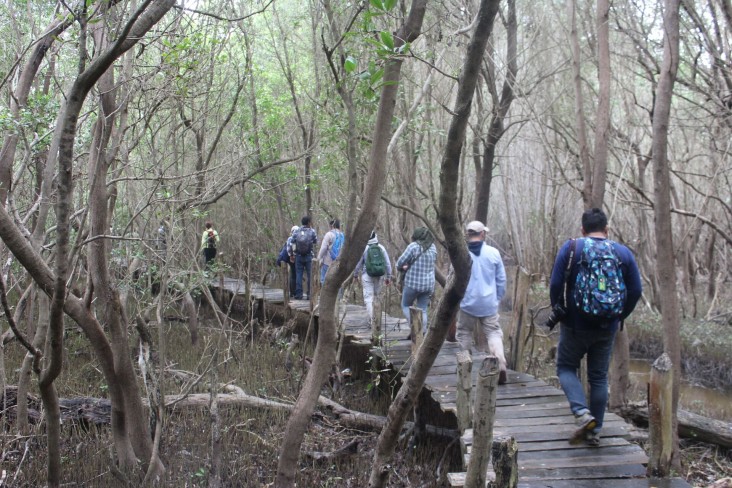
While Mexico is responsible for 1.5 percent of the world's greenhouse gas emissions and ranks 12th among the largest emitting countries, it is a global leader in combating climate change.
In 2009, Mexico adopted a long-term, economy-wide strategy aimed at reducing the country’s emission levels by 30 percent in 2020 and by 50 percent in 2050, compared to 2000 levels. Mexico also passed a comprehensive climate change law in 2012 - the second country in the world to do so after the United Kingdom - that commits the country to 35 percent of Mexico's energy to come from clean sources by 2024 and requires government agencies to use renewable energy. Mexico has already made progress towards these targets, with 22 percent of its electricity generated through renewable and clean fuel sources by 2013.
USAID supports national and subnational policy development to advance Mexican-led climate change initiatives. USAID supports Mexican efforts to remain committed to a low-carbon future through the reduction of greenhouse gas emissions from the energy and forestry, land-use and land-use change sectors. Further, USAID supports Mexico’s efforts to establish internationally robust systems for monitoring, reporting and verifying emission rates and reductions, strengthening policies and institutional and technical capacities, and creating a sustainable source of financial support for programs that help mitigate climate change.
Key Achievements
- USAID provided technical assistance for the development of Mexico’s Climate Change Strategy.
- Assisted Mexico to formulate mitigation cost curves for GHG abatement strategies.
- Assisted development of a model for social and environmental safeguards for Reducing Emissions from Deforestation and Degradation.
- Developed an overall planning roadmap for integrating renewable energy into Mexico’s electrical grid.
- Initiated a regional REDD+ program in the Yucatan Peninsula.
- Fostering peer-to-peer learning, training, and exchanges of technical experts in climate change and energy, leading to multiple outcomes, including the design of a clean energy certificate system – the key incentive for renewable power generation.
Global Climate Change Fact Sheet (Nov 2015) [PDF, 57K]








Comment
Make a general inquiry or suggest an improvement.